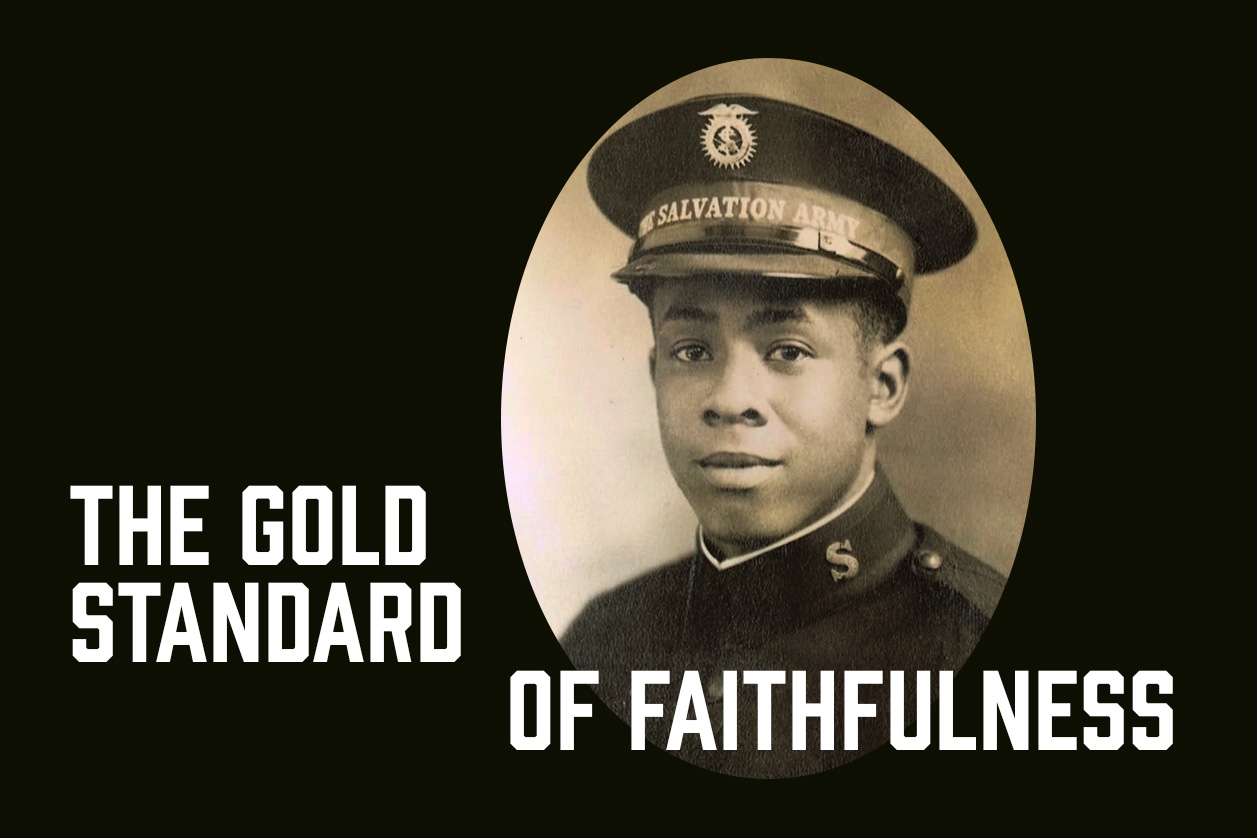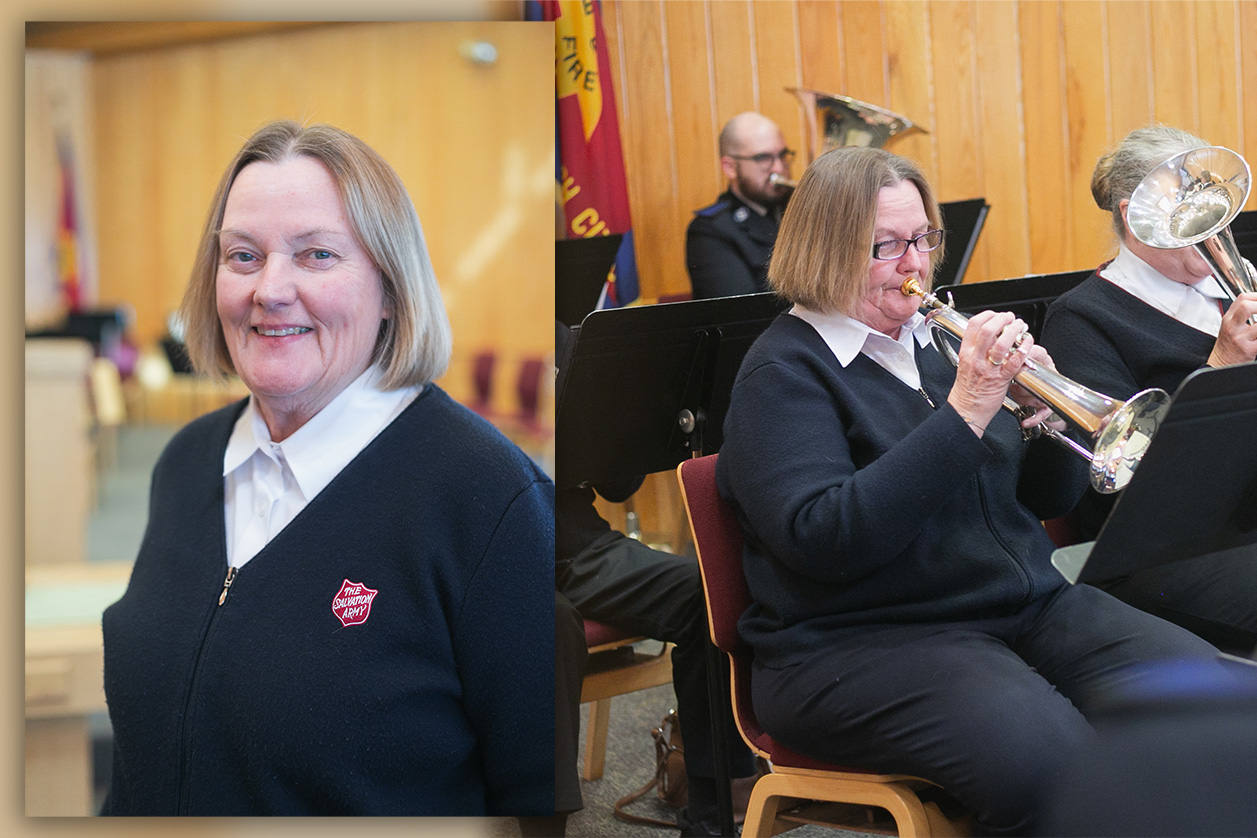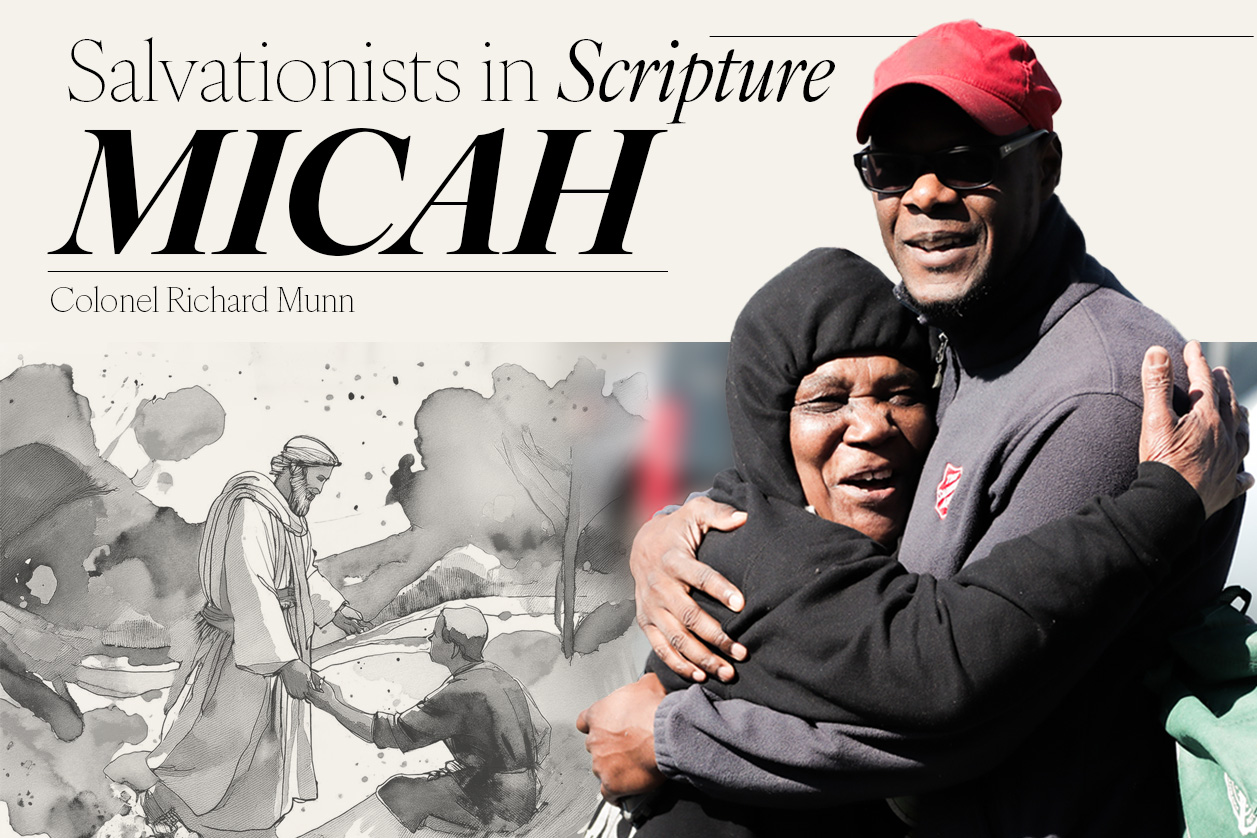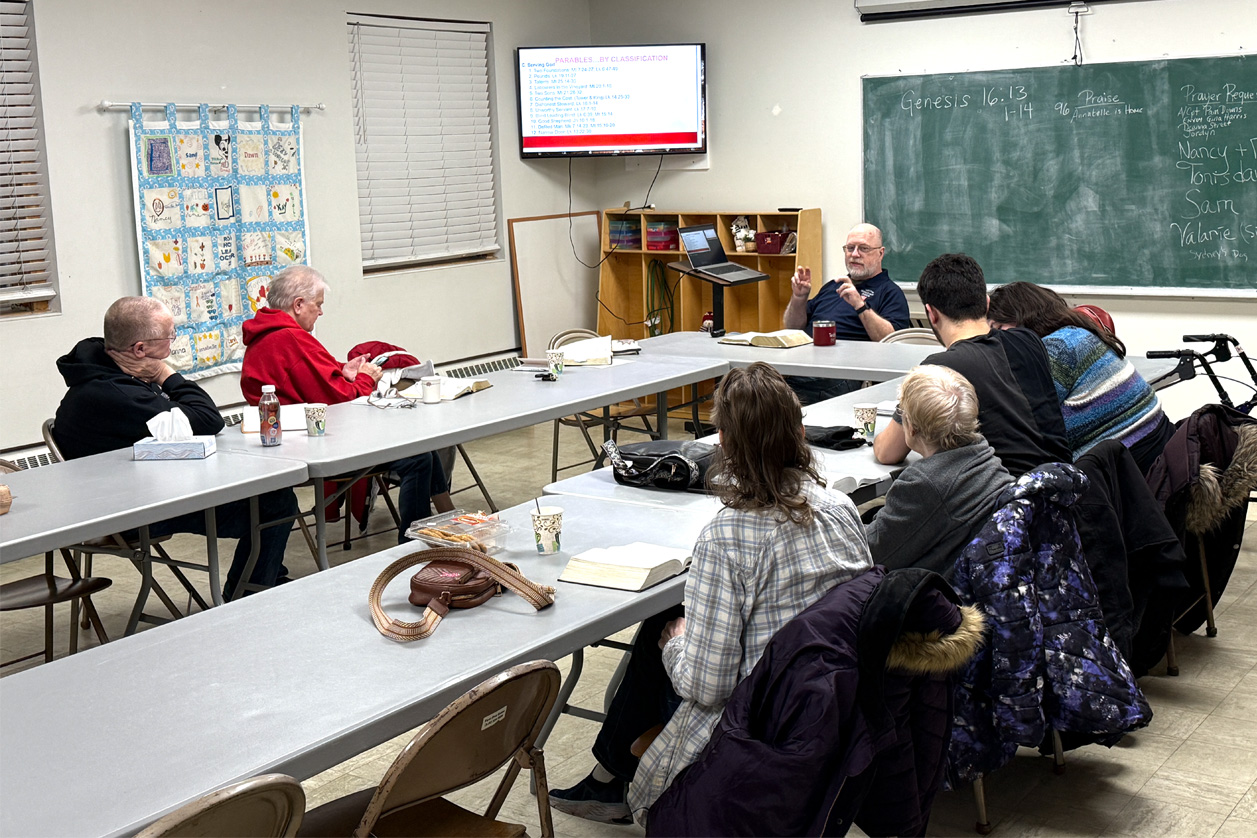
Predestination is the belief that ‘God chooses those whom he will bring to himself. This is not based on any virtue, merit or good works, but only on his mercy and grace. […] This leads inevitably to the conclusion that some will be saved – by God’s grace – and some not. Some are ‘elected’ to be saved. (SA Handbook of Doctrine)
This is primarily found in the Protestant Reformed tradition and the teaching of John Calvin, which strongly emphasizes the sovereignty of God.
In contrast, Salvationists believe that God has chosen all people be righteous by His grace yet calls us to respond to that grace by exercising our God-given human freedom as a condition of fulfilling election.
This is primarily found in the Protestant Wesleyan Arminian tradition and the teaching of John Wesley and Jacobus Arminius, which strongly emphasize human freedom in relation to God.
Calvinists accentuate the sovereignty of God in saving the elect; Wesleyans accentuate human freedom and the conviction that Christ died for everyone.
It is important to note that predestination is a valid Biblical doctrine. However, predestination does represent a differing salvation theology to that cherished by The Salvation Army, also a Biblical doctrine. Mildred Bangs Wynkoop helpfully writes, ‘There should be no division of fellowship over them.’
So on any given Sunday morning while the congregation at 1st Presbyterian is singing with decorum and conviction, ‘Whate’er my God ordains is right,’ soldiers in the meeting at the local Salvation Army corps are clapping and singing ‘Whosoever will may come.’




